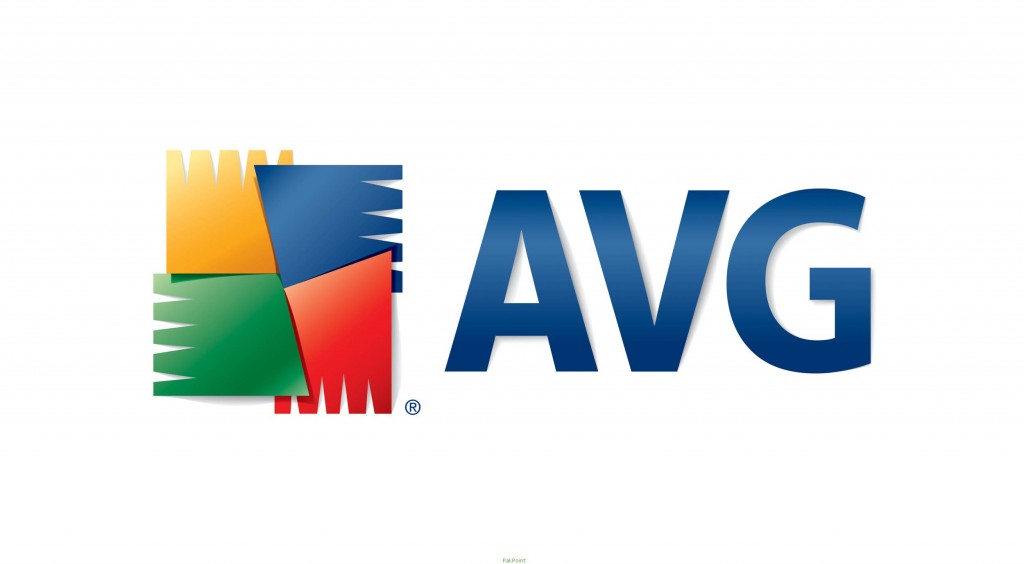Do you like this article?
Children as young as 11 are writing malware designed to steal login
details from online gamers, according to internet security software
giant AVG Technologies.
The Czech-founded company, which provides internet and mobile
security to more than 140 million customers, has released a Threat
Report, detailing its investigations into a number of malicious software
developments.
The report found that children have been developing malicious code,
and in one case it was discovered that an 11-year-old had created a
Trojan which could steal login information.
The report said that while stealing someone’s game logins may at
first seem a minor problem, online gaming accounts are often connected
to credit card details to enable in-game purchases, and may also have
virtual currency attached to them amounting to hundreds of dollars.
Cyber Bullying
As many gamers use the same login details for social networks such as
Facebook and Twitter, the initial breach of obtaining one login, could
impact further and in addition to identity theft and being a major
inconvenience, the victim could also be put at risk of cyber-bullying.
Chief technology officer at AVG, Yuval Ben-Itzhak, said the company
has seen a number of examples of very young individuals writing malware,
including an 11-year-old from Canada.
Ben-Itzhak said the code usually takes the form of a basic Trojan,
written using the .NET framework, which is easy to learn for beginners
and simple to deploy via a link in an email or posted on a social media
page.
Mobile Phone Threats on the Rise
“We believe these junior programmers are motivated mainly by the
thrill of outwitting their peers, rather than financial gain, but it is
nevertheless a disturbing and increasing trend. It is also logical to
assume that at least some of those responsible will be tempted to
experiment with much more serious cyber-crimes,” Ben-Itzhak said.
The quarter-four Threat Report also stressed the increase in mobile
malware, particularly of code designed to target Google’s hugely popular
Android operating system.
Throughout 2012 AVG’s ‘threat labs’ also reported on the First
Android Rootkit, examples of mobile banking being targeted for attack,
malicious apps that send text messages to premium rate services, and
Trojan-infected versions of popular games on unofficial app stores,
including best-seller Angry Birds Space.
Exploit Toolkits Dominate
The report states that cyber-criminals, who create and sell
commercial ‘exploit toolkits’ – allowing less tech-savvy peers to break
into the malware market, continue to dominate.
Almost 60 per cent of all threat activity online was performed by exploit toolkits in 2012.
One example of a new exploit toolkit which surfaced during the last
quarter of 2012, and bore a ‘remarkable resemblance’ to the Blackhole
Exploit Kit, was the Cool Toolkit, which accounted for 16 per cent of
the top web threats in Q4 2012, topped only by Blackhole at 40 per cent.
Author : Pippa







